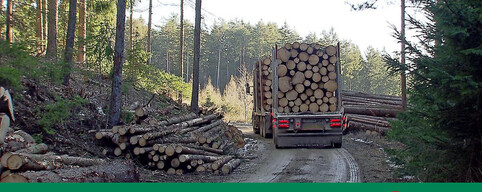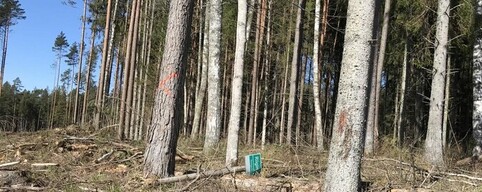

The debate surrounding clear-cutting has become particularly heated in Hungary recently, as the Ministry of Agriculture has proposed new regulatory changes aimed at expanding the boundaries of clear-cutting practices. These changes would allow clear-cutting even in state-owned forests of high natural value, if deemed necessary by the managing authority. The decision has sparked significant backlash, as such activities could have a profound impact on ecosystems and local biodiversity.
The intention behind introducing these regulatory relaxations is to ensure more flexible forest management from the perspective of firewood supply, which some decision-makers consider essential amid economic and energy challenges. Certain amendments to the firewood regulation introduced in 2022 may come into effect, providing further opportunities to expand clear-cutting practices, even in protected natural areas.
The goal of such regulatory changes is clearly to prioritize certain economic considerations in forest management. However, this approach is not without criticism from environmental organizations. Conservationists argue that clear-cutting does not merely involve the removal of trees but also significantly damages the soil and undergrowth. These activities can have long-term effects, including increased soil erosion, a drastic reduction in habitats for living organisms, and the disruption of ecosystem balance.
The question arises as to why the government is so keen to support clear-cutting to this extent, especially in areas where it was previously not permitted. Some opinions suggest that economic considerations may be at play, as meeting the growing demand for firewood appears to necessitate the broader exploitation of regional resources.
Nevertheless, it is also necessary to examine whether forests of high natural value are truly suitable for such extensive clear-cutting procedures without risking severe ecological and economic damage in the future. In any case, a increasingly sharp debate is unfolding in society about whether short-term economic benefits can be reconciled with long-term sustainability.
Overall, consistent and thoughtful answers to the questions raised by these new regulatory relaxations are essential to ensure the healthy preservation of protected natural areas for future generations. Before making such decisions, broadening societal dialogue may be indispensable to achieve wider consensus.



